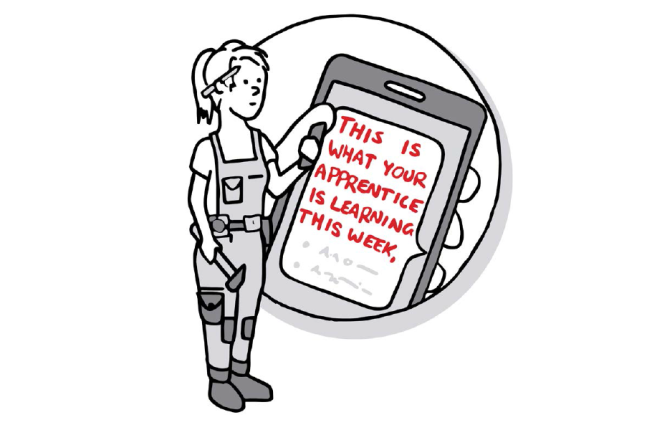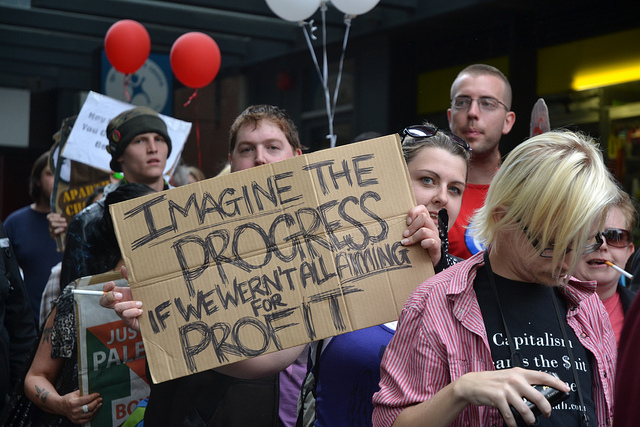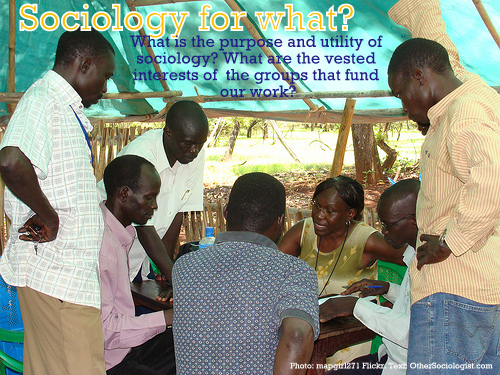Have you ever wondered why people behave in unexpected ways, often against their own interest? This is because many of our social institutions, including the law, education and economy are built around rules that don’t always take into account people’s social context and their motivations when making decisions. Convention in Western societies is that financial incentives and punitive measures (like fines) can incentivise people to do the right thing. Behavioural science research shows this is not always true. In fact, while money and sanctions work in some situations for some groups, most behaviours are not able to be easily changed through cash and penalties. (These can sometimes backfire!)
Behavioural science is the use of behavioural economics, psychology, anthropology, sociology and other social sciences for the purpose of improving behavioural outcomes. Behavioural insights is specifically the application of this science to improve effectiveness for decision-making, public services and policy. Here’s a case study of behavioural insights in action in education and vocational training.
Using fieldwork research and randomised control trials, the Behavioural Insights Unit (BIU) test low-cost behavioural science changes to issues affecting different groups in society.
For example, we know that 48% of apprentices in New South Wales cancel their contracts within the first year, and 77% will cancel within two years. That’s a tremendous personal cost to these students, which also translates to $91 million loss of the state’s economy in cancellations alone, and upwards of $348 million in related revenue. BIU’s research shows apprentices who cancel their employment contracts do so because they often feel they are subjected to tough working conditions for little pay (undertaking menial, repetitive tasks and long hours), receiving little guidance about their progress on the job.
Continue reading Behavioural Science for Education and Vocational Training




